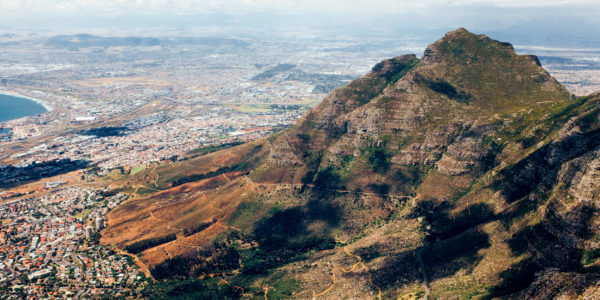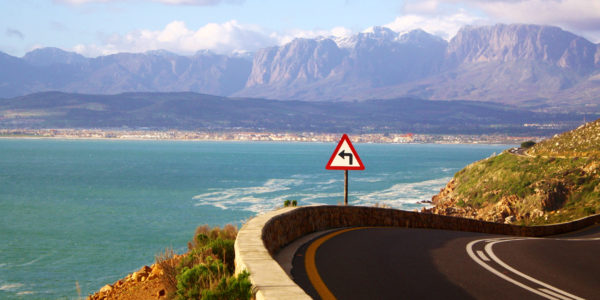Cape Town Drought: What You Need to Know for South African Travel

Cape Town Drought: What You Need to Know for South African Travel
As the news of Cape Town’s depleting water supply circles news outlets, many questions are left unanswered for those who have plans to visit the vibrant city or are seeking to make travels to South Africa. On January 30th the South Africa Tourism Board hosted a webinar to relay that “Cape Town is open for business!” stating that “…we have the resources to accommodate them [travelers]”. With this in mind, here is what you need to know for South African travel;
Drinking water is available
Many parts of the hospitality industry have proactively implemented water savings and water augmentation solutions to ensure ongoing availability of water in their establishments. Restaurants and bars are also required to follow water restrictions but have not been negatively affected.
There is adequate water for essential daily needs
This includes washing, using the toilet and taking care of daily hygiene. Most accommodations have implemented water saving initiatives with many using underground water sources and installing water filtration systems with hygienic storage facilities. Recommended guidelines suggest keeping showers no more than 90 seconds while baths are fully discouraged.
Most tourism activities will not be impacted
Cape Town’s iconic attractions such as Table Mountain, Cape Point, and Kirstenbosch Botanical Gardens, are still accessible with operations as usual. However, river-based activities may be affected. Sunbathing poolside is still an option with some accommodations converting their pools to salt (ocean) water.
The drought is predominantly limited to the Western Cape
Water restrictions are mostly limited to parts of the Western Cape – particularly the City of Cape Town and some surrounding areas. It’s important to remember that, much like Southern California, South Africa is a water-scarce region as a whole.
Travel to Cape Town / Western Cape is not “irresponsible”
International tourists only add 1% to the population of the western cape during the peak season from November to January. If visitors adhere to the daily usage guidelines the impact would be insignificant. Tourism supports roughly 300,000 jobs throughout the Western Cape, all of which are important to be maintained.
“Day Zero” is not a time of imminent doom
This is when the City of Cape Town would restrict the regular flow of water. Visitors would still be able to enjoy the diverse experiences Cape Town and the Western Cape has to offer. ‘Day Zero’ depends on rates of water consumption. If all stakeholders follow the required water savings target, the projected date can be avoided.
Some helpful tips;
- Keep showers short, avoid taking baths
- Restrict flushing when you can
- Do not run water while brushing your teeth, using a cup to rinse
- Use this nifty calculator to help gauge your water usage
Much like other water scarce regions throughout the world, water conservation has become the norm in South Africa with locals and businesses taking extensive measures to ensure levels of comfort and healthy living. The current drought the Western Cape is currently facing, although potentially precarious if not monitored, will not negatively affect the aspects of tourism to the region. When visiting, simply be mindful of the situation, your personal water consumption, and enjoy the beauty of the region!
Tags:


This is really helpful, thanks.